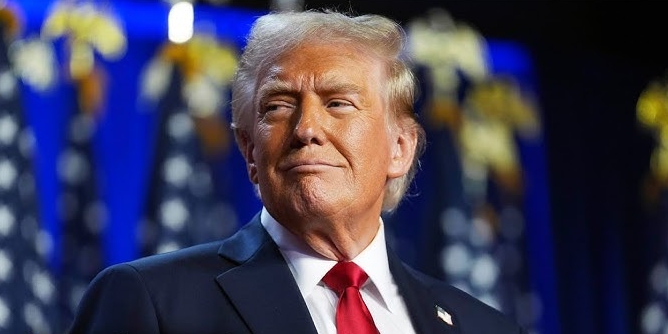Date: July 30, 2025
Byline: Investigative Desk
In a bold social media outburst, former President Donald Trump has reignited his feud with the media, singling out ABC and NBC as 'two of the absolute worst and most biased networks anywhere in the world.' His provocative remarks, delivered via Truth Social, included demands for the revocation of the networks' broadcast licenses.
This latest attack is not just personal; it signals a renewed strategy from Trump as he positions himself against a so-called 'Fake News complex.' In his post, Trump claimed that a staggering 97% of ABC and NBC’s coverage of his presidency was negative. While some groups have concluded that Trump's coverage is frequently unfavorable, the accuracy of his statistics remains contested.
I. The 97% Bad Coverage Claim
Trump’s assertion parallels a consistent theme in his narrative: portraying himself as a victim of a biased press that he claims serves Democratic interests. Nevertheless, independent media analysts have pointed out that empirical verification of such a high percentage of negative coverage is lacking.
II. Calls for FCC License Revocation
Trump's insistence on the revocation of broadcast licenses unfolds as a misunderstanding of the legal framework governing media operations. National networks don't hold FCC licenses themselves; rather, local affiliates, which disseminate network programming, are the entities licensed by the FCC. The commission focuses on ensuring adherence to 'public interest' requirements without delving into editorial fairness.
III. Crooked Journalism or Protected Speech?
By dubbing network coverage as 'crooked journalism,' Trump challenges the delicate balance between press freedom and governmental authority. Experts warn that any government effort to revoke licenses for political motives would prompt serious First Amendment legal challenges, raising concerns over authoritarian tendencies glimpsed in Trump’s rhetoric.
IV. The Larger Media War
Trump’s latest remarks are more than mere grievances; they reflect broader concerns about the control and influence of major media outlets in the political sphere. The threat of revoking broadcast licenses portrays an illusory power dynamic that effectively mischaracterizes the logistics of media operation in America, also spotlighting the critical ongoing debate about the role of media in democracy.
Ultimately, Trump's remarks serve dual purposes: to galvanize support among his base and to exert pressure on major media players, pushing the narrative that opposes perceived bias while treading dangerous waters regarding the treatment of press freedoms in the U.S.



















